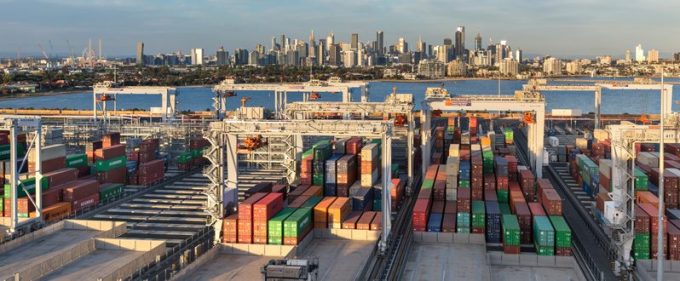Business calls for end to French port strikes, but unions plan more
French industry body the Mouvement des Entreprises de France (MEDEF) is demanding a swift end ...

In a new blow to Australia’s buckling container supply chains, industrial action at Victoria International Container Terminal (VICT) in Melbourne began today.
The action by the Maritime Union of Australia (MUA) includes a series of 12-hour work stoppages at the ICTSI-operated facility.
Situated at Melbourne’s Webb Dock, ...

Comment on this article